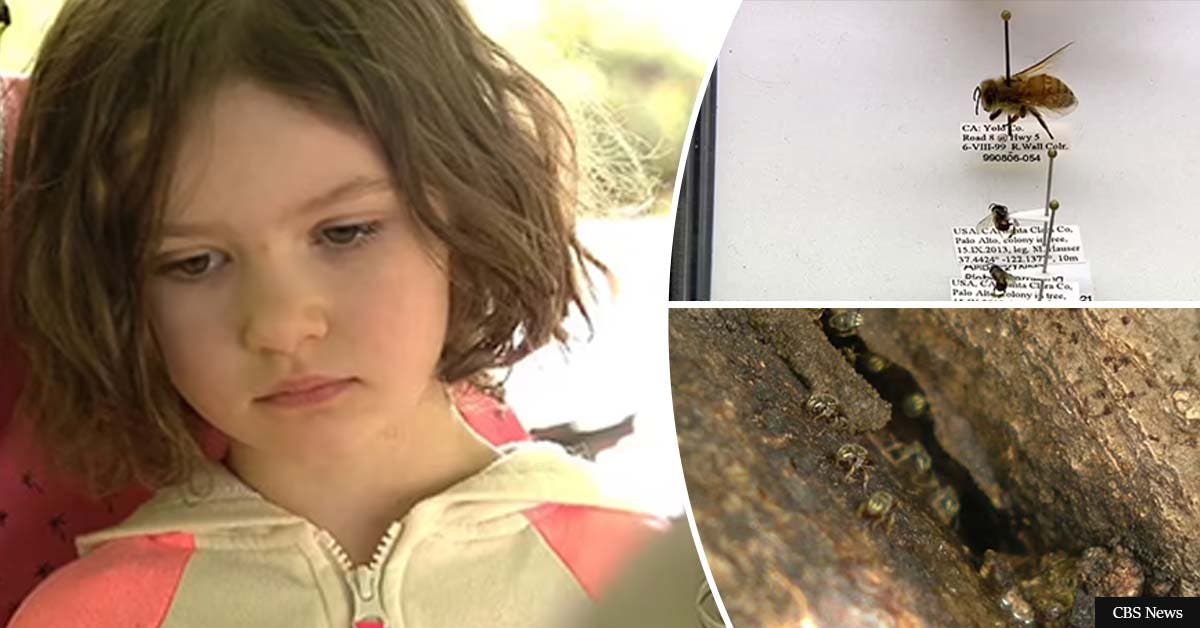You won’t beelieve this! A four-year-old girl from California has discovered two colonies of bees that were considered extinct in the U.S. for the last 70 years.
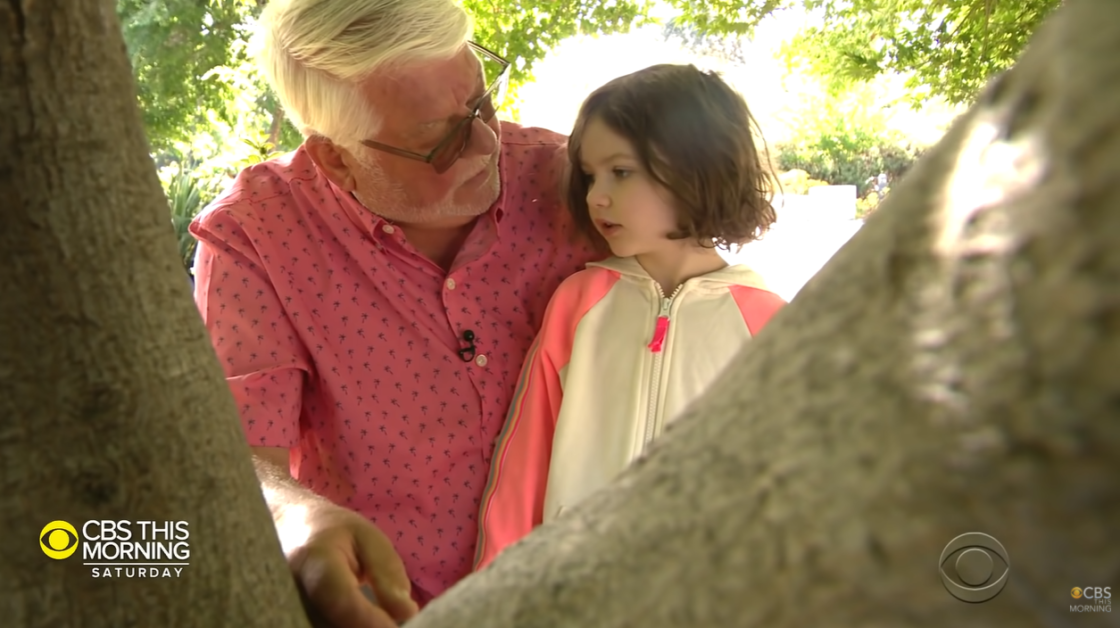
The bees little Annika discovered can be found in Brazil. Interestingly, they are much smaller than honey bees. Back in the 1950s, they were brought to the states to help boost the size of fruit and vegetable crops. However, as per Daily Mail, the plan didn’t prove to be successful.
Dr. Martin Hauser, a senior insect biosystematist at California’s Department of Food and Agriculture, confirmed that several decades ago, the U.S. government made a deal with a Brazillian researcher in a bid to help pollinate crops around the country. The expert said:
“He [the Brazilian researcher] sent them in the ’50s to Gainesville, Florida, Logan, Utah, and Davis and Palo Alto. And he said all the bees died in one year. They didn’t like the cold weather in Utah. They couldn’t compete in Florida.”
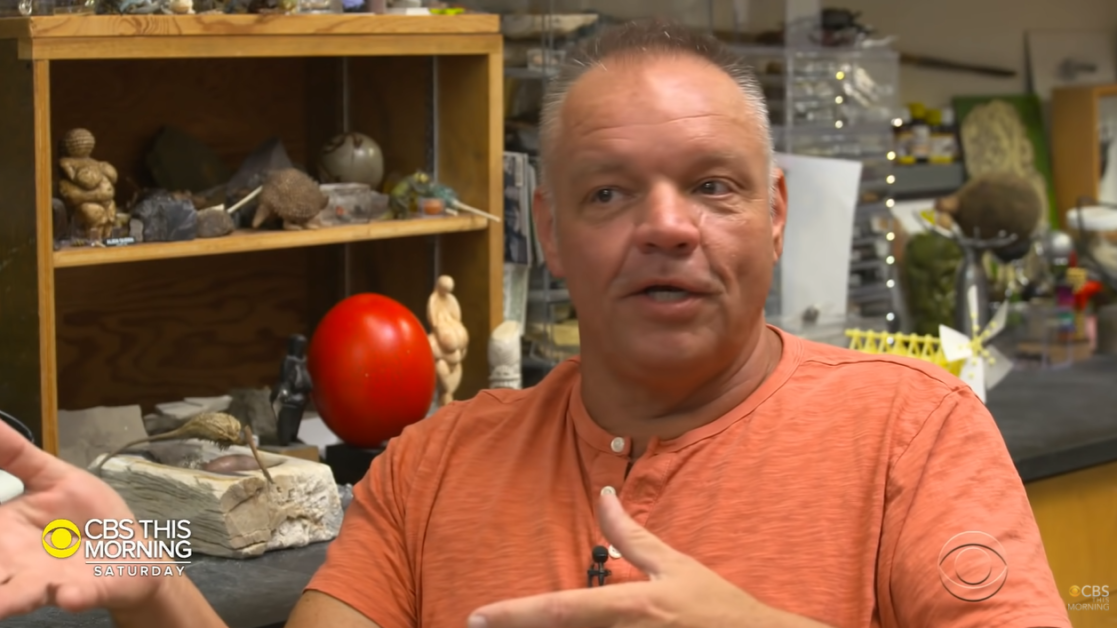
Although Annika’s discovery is absolutely astonishing, she refuses to disclose the location of the bees to keep them safe at her “secret place.”
The extraordinary stingless bees were also sent to Stanford professor Dr. George Shafer for further examination. Interestingly, the tiny creatures actually have stingers despite their names, but they cannot use them for defense.
Both Dr. Hauser and Dr. Shafer agree the bees the 4-year-old girl found are descendants of the ones that were brought to the U.S. about 70 years ago.
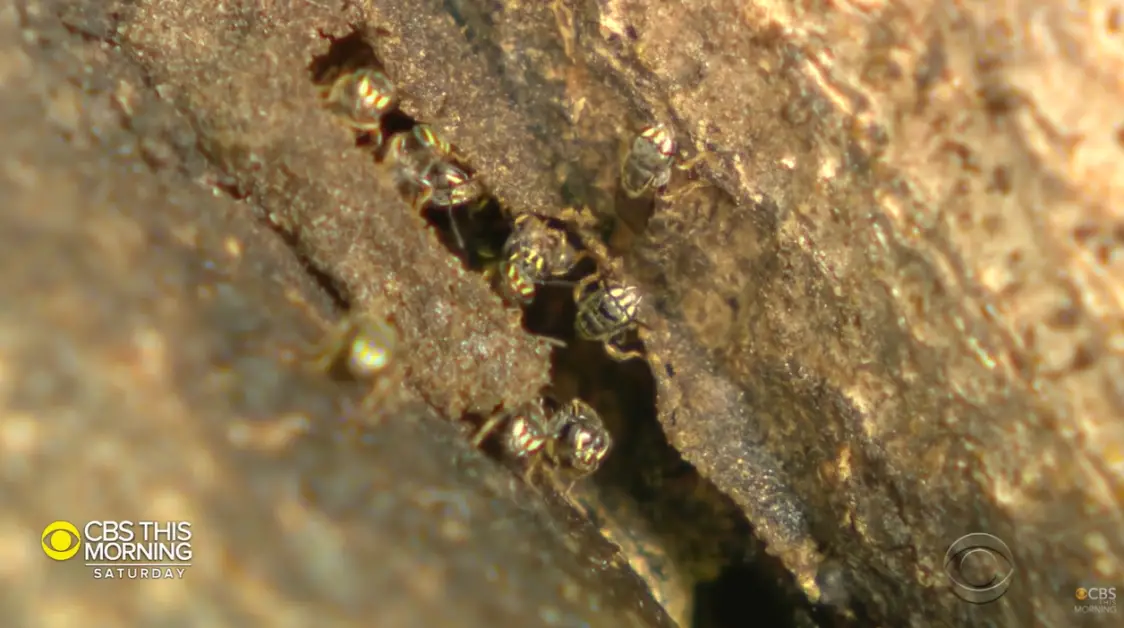
Furthermore, Richard Schmidt, a pest control person in Palo Alto, sent the unique incests to the Santa Clara County agricultural department. As per CBS, he commented:
“I hadn’t seen them before. Captured a couple of them, sent them to our county [Agriculture] department. They didn’t know what they were. And so, they sent it to the state.”
Since the two bee colonies are still unnamed, some have suggested they should be given the name “Annika’s Bees” after the girl who discovered them.
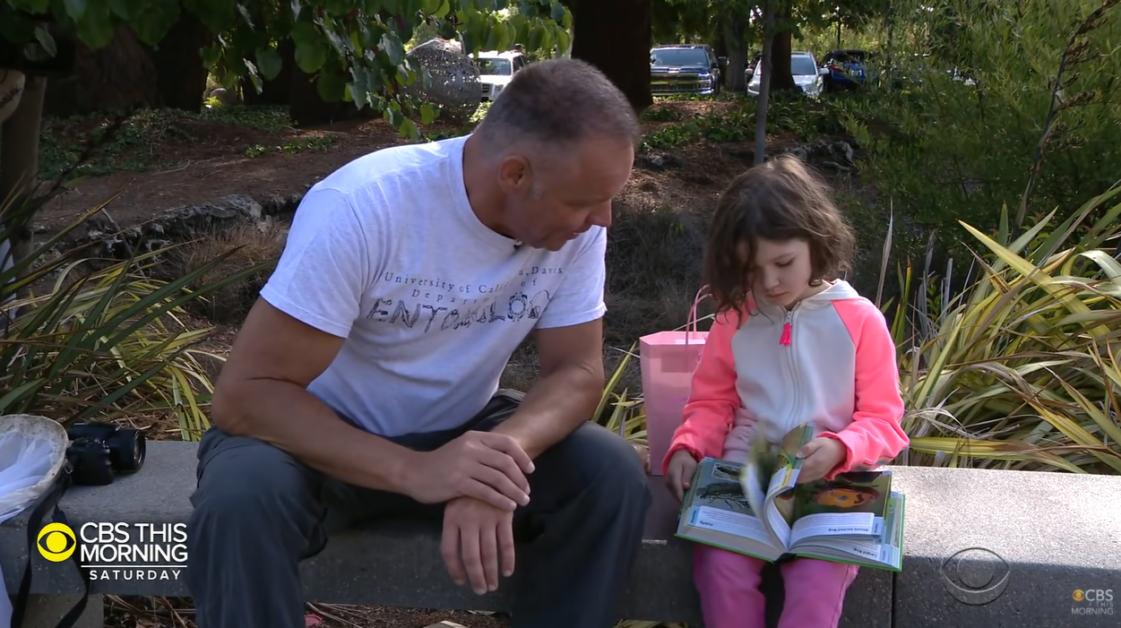
Amusing pictures of the stingless bees Annika found were posted to iNaturalist by her caregiver, biologist Targe Lindsey.
Dr. Hauser, who was “very impressed” with the girl’s remarkable finding, gifted her a special bug book with the aspiring message: “To Annika, for many more discoveries to come

